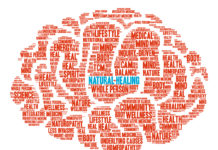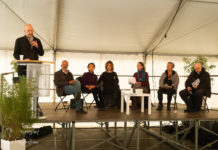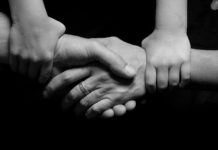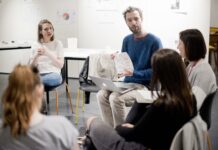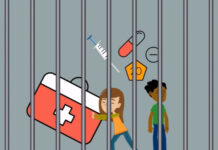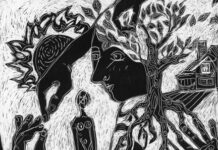Reimagining Healthcare
The conventional Western classification systems of health conditions are based on flawed science shaped by reductionist, hierarchical, and profit-driven ideologies. THEN wants to create a new paradigm built upon principles drawn from systems science, the life course perspective, developmental neurobiology, and other evidence-informed studies.
Making Peer Counseling Radically Accessible
I imagined a world in which anyone can hit a button on their phone and be connected with a compassionate and empathetic listener, 24/7. So in 2019, I founded Peer Collective. Today, there are 30 peer counselors on the platform offering 30-minute counseling sessions for just $14.
Berlin Manifesto for Humane Psychiatry Released
Changing the mental health and psychosocial support system in Germany requires public debate about the ways our society should help and support people in mental crisis and with chronic mental health problems. We believe the driving force behind all help and support should be humanitarianism and respect for inalienable human rights.
Open Dialogue Approach Reduces Future Need for Mental Health Services
The Open Dialogue psychiatric treatment approach is associated with reduced utilization of mental and general health services for Danish youth.
Will the European Elections Be a Chance for Mental Health?
European citizens from 27 different countries will soon go to the polls to elect their representatives in the European Parliament for the next five years. As an advocacy organisation, we see those elections as an opportunity to call on current and future European leaders and policymakers to bring mental health to the heart of European policies.
Prescripticide: A Proposal for Action and a Request for Your Help
The primary factor protecting psychiatry’s unwarranted power and authority is that it is perceived as shielding society from folks who are believed to be dangerous. It would seem, then, that one logical step toward reducing society’s trust in biological psychiatry would be to reveal the evidence of a significant correlation between the use of prescribed psychoactive drugs and the commission of violent acts against oneself or others.
2017: A Wake-up Call on Mental Health and Human Rights
At Mental Health Europe, we see 2017 as having been a crossroads for mental health and human rights. Let’s ensure that this yields concrete change in 2018 with the support of like-minded communities ready to take the discussion to the next level and truly enact this as a civil rights movement.
And They Said it Wouldn’t Last – Rethinking Psychiatry Celebrates its 7th Year
Rethinking Psychiatry is proud to continue the work that began in 2010 in Portland, and we look forward to many more years of challenging the dominant paradigm in mental health and providing new perspectives and solutions.
Study Finds Hearing Voices Groups Improve Social and Emotional Wellbeing
Hearing Voices Network self-help groups are an important resource for coping with voice hearing, study finds.
Psychosocial Disability and Legal Capacity: Don’t Bargain with Human Rights
For persons with psychosocial disabilities, one of the most fundamental rights laid out in the CRPD is the right to equal recognition before the law and legal capacity (Article 12). Our latest Position Paper focuses on Article 12 of the CRPD.
Disobedience: What Can We Risk?
It is possible to heal, and at the same time healing also means restoring the part of oneself that can face violence and disobey to protect what is most sacred. I am that sacred, and so are you.
Intentional Peer Support: Creating Relationships, Creating Change
IPS is about creating a power-balanced, relational context in which we can begin to explore and even challenge the stories we have been taught. We can name our experiences, and challenge the meaning that we have constructed around those experiences. This fundamentally alters what we think of as “help,” but also challenges social and political constructs of disability.

